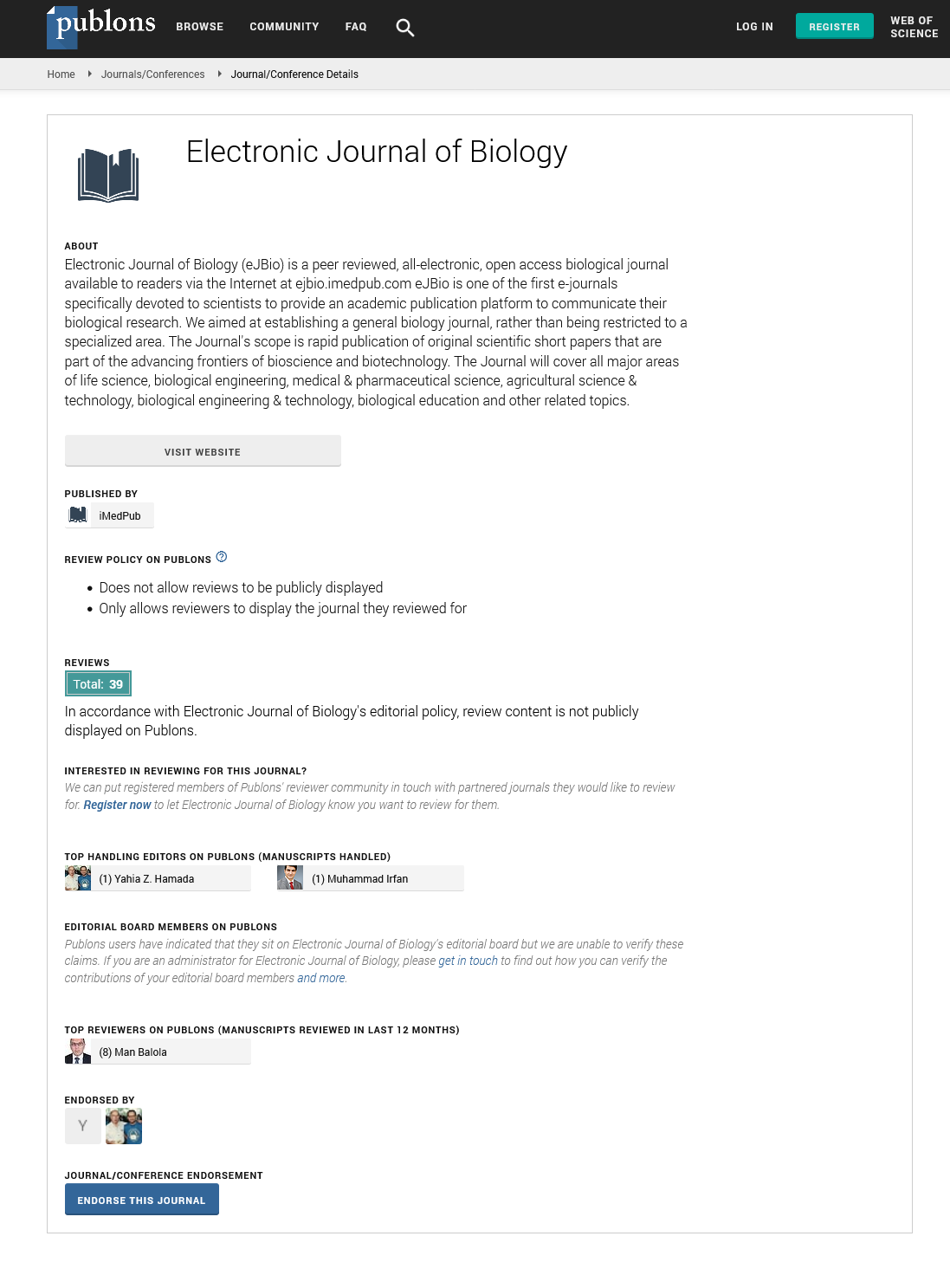Abstract
Microbial Quality Analysis of Milk and Flavoured Milk Products from Local Vendors in Vellore
Milk is one of the utmost reasonable foundations of much nutrition like proteins and vitamins. The quality of milk is resolute by facets of composition and hygiene. Due to its compound biochemical structure and high water activity milk aids as an outstanding culture medium for the growth and multiplication of numerous kinds of microorganisms. Consequently in the processing of milk, some of them may produce unwanted effects and some microorganisms yield food infections which either transmits pathogens that will upsurge the likelihood of infection of the consumer’s food. Milk is a foremost part of human food and plays protuberant role in one’s diet.
The adulteration of milk is mainly due to human feature and unhygienic conditions. Typically milk is polluted with diverse types of microorganisms at milk gathering places. The microbial superiority of raw milk is vital for the fabrication of excellence dairy products. There can be deterioration in milk’s quality, colour, odour or flavour to a point where it is improper for human consumption. Pathogenic micro-organism in milk comprises E. coli, Staphylococcus aureus, Listeria monocytogenes, Clostridium, Microbacterium, Micrococcus and Streptococcus. The samples were collected from Vellore area. All the samples positive for altered microbial contaminations were established using biochemical examinations.
The cultural features of the isolates were established by inoculating the pure colonies on nutrient agar, mannitol salt agar and using methylene blue agar and other biochemical tests such as Simmon’s citrate agar, indole production, methyl red, VP test and coagulase test were made to confirm the occurrence of diverse microorganisms. In this way the occurrence and absence of numerous microorganisms was recognized. However a large volume of these products were produced in unorganised sector with little precautions of food safety and quality.
Author(s):
Aditya Sood, Ridhi Sood, Abhijit Kumar, Gaganjot Kaur, Candy Sidhu
Abstract | Full-Text | PDF
Share this

Google scholar citation report
Citations : 5001
Electronic Journal of Biology received 5001 citations as per google scholar report
Electronic Journal of Biology peer review process verified at publons
Abstracted/Indexed in
- Google Scholar
- China National Knowledge Infrastructure (CNKI)
- CiteFactor
- Electronic Journals Library
- Zoological Records
- WorldCat
- Proquest Summons
- Publons
- MIAR
- Openaccessarticles.com
- Secret Search Engine Labs
Open Access Journals
- Aquaculture & Veterinary Science
- Chemistry & Chemical Sciences
- Clinical Sciences
- Engineering
- General Science
- Genetics & Molecular Biology
- Health Care & Nursing
- Immunology & Microbiology
- Materials Science
- Mathematics & Physics
- Medical Sciences
- Neurology & Psychiatry
- Oncology & Cancer Science
- Pharmaceutical Sciences


